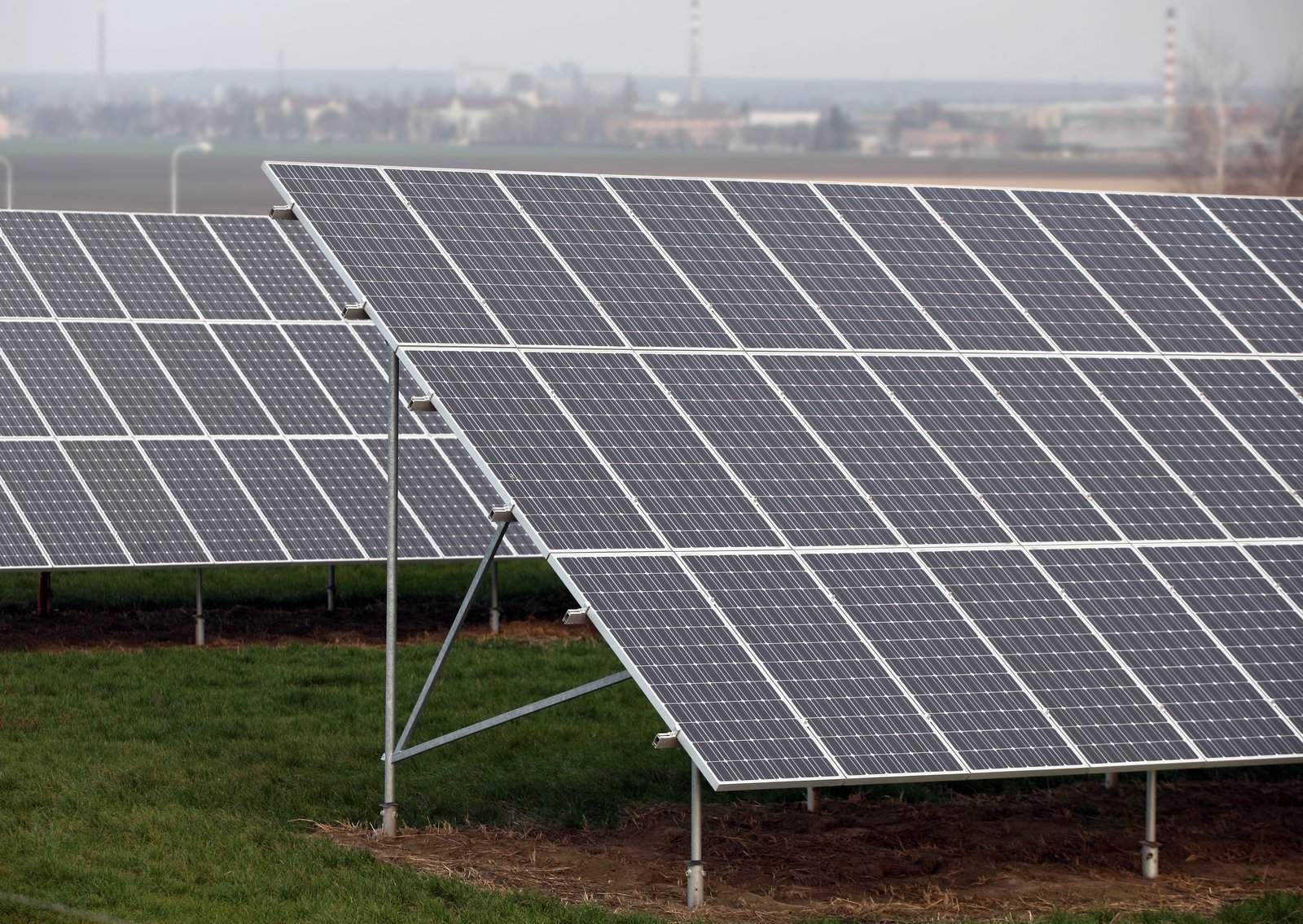The European Commission (EC) has approved support measures for three Danish renewable energy schemes, worth a total €144m ($164m), as they comply with EU State aid rules.

Image: A solar power plant. Photo: courtesy of rhaak78/Freeimages.com.
The three renewable energy schemes, which will support electricity production from wind and solar in 2018 and 2019, will receive Danish aid for a period of 20 years from the time of their connection to the grid. It will be financed from the state budget.
Denmark aims to supply 50% of its energy consumption from renewable energy sources by 2030 and significantly cease the use of fossil fuels by 2050.
To be in line with its goal, the Danish government plans to implement three measures supporting renewable energy which include a multi-technology tender scheme for onshore and offshore wind turbines and solar installations, with a budget of DKK842m (€112m).
The two tenders are planned to be organized in 2018 and 2019 to select beneficiaries of the aid with the different technologies competing with each other.
Upon selecting, the firms will offer their electricity from the project on the market and receive support in the form of a premium on top of the market price (top-up payment), the commission noted.
The Danish authorities also plan to aid scheme for onshore wind for test and demonstration projects outside the two national test centers for large wind turbines, with an expected budget of DKK200m (€27m), as well as a transitional aid scheme for onshore wind, with a budget of DKK40m (€5m).
Following assessment under EU State aid rules, the EC found that the three Danish schemes will encourage the development of offshore and onshore wind and solar technologies and in compliance with the Commission’s 2014 Guidelines on State Aid for Environmental Protection and Energy.
EC said in a statement: “On this basis, the Commission concluded that the measures will help Denmark boost the share of electricity produced from renewable energy sources, in line with the environmental objectives of the EU, while any distortion of competition caused by the state support is minimised.”
